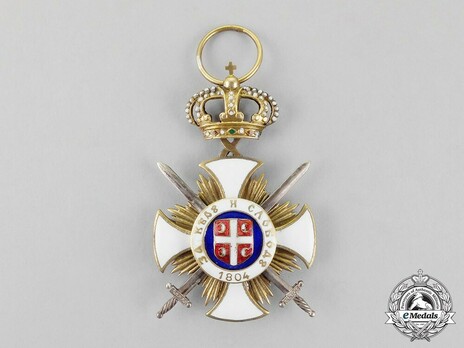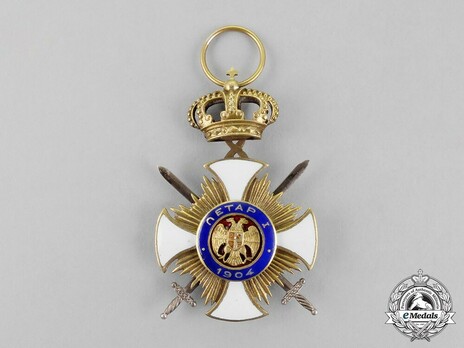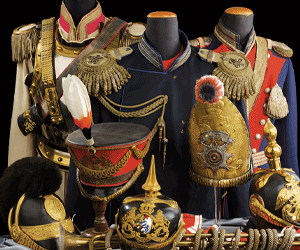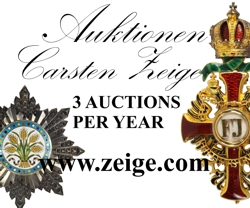Order of the Star of Karageorg, Military Division, I Class
SKU: 01.SRB.0105.201.01
Estimated market value:


Estimated market value:
Attributes
History
The Order of the Star of Karageorge was introduced in commemoration of the May Coup of 1903, when the Karageorgevich Dynasty returned to the Serbian throne after 45 years of Obrenovich rule. It was founded to reward nationals and foreigners in recognition of services rendered to King and country, both in peacetime and war.
Shortly after King Peter I Karageorgevich returned to the country on 12 June 1903, he modified the existing Serbian decoration system. By then, the Order of Takovo and Milosh the Great were abolished and replaced by the dynastic Order of the Star of Karageorge, which was authorized in both civil and military divisions.
In 1904 the Order was regulated, and the number of holders was limited. In total, the holders within Serbia were limited to 10 for Class I, 40 for Class II, 150 for Class III, and 300 for Class IV. The Order was granted by classes starting with the lowest class, and recipients should remain in a specific class two years before the next class could be granted. Decorations with sword were granted since 1912.
The obverse features an inscription in Cyrllic which translates to "FOR FAITH AND LIBERTY 1804" and the reverse translates to "PETAR 1 1904"
The Order was ceased to be granted after the breakup of the Yugoslav Kingdom in 1941. However, it was restored by the Serbian government in 2010, when tennis player Novak Djokovic was awarded as the first person to receive this Order. Although, there is limited information regarding the restoration standards of this Order.
In MedalBook, this Order is classified into two types. Type I contains civil awards between 1904 and 1941, while Type II consists of the insignia with swords for services rendered in war until 1941.
Even though Serbia approved the badge with swords since the inception of the Order, the badge was granted just after 1912 due to Serbia did not participate in any war between 1904 and 1912.
The first badges with swords were awarded for the Balkan War of 1912 and 1913 when Serbia emerged victorious. Badges with swords were awarded for extraordinary success with great-sacrifice on the battlefield.
Multiple awards were denoted with a palm of oak attached to the ribbon.
Since 1915, the Artillery, Cavalry and infantry flag could receive an embroidery award. In addition, from the same time, Officers were awarded exclusively with swords.

Versions
$2500 USD
Silver gilt/Enamelled
Obv: за вба8 и слобод8 1804 Rev: петар 1 1904
48mm
Rare decoration


Comments
Sign in to comment and reply.


Scroll Top